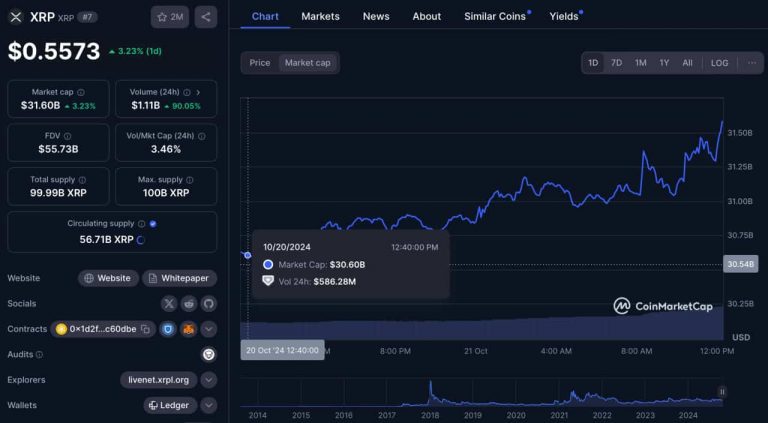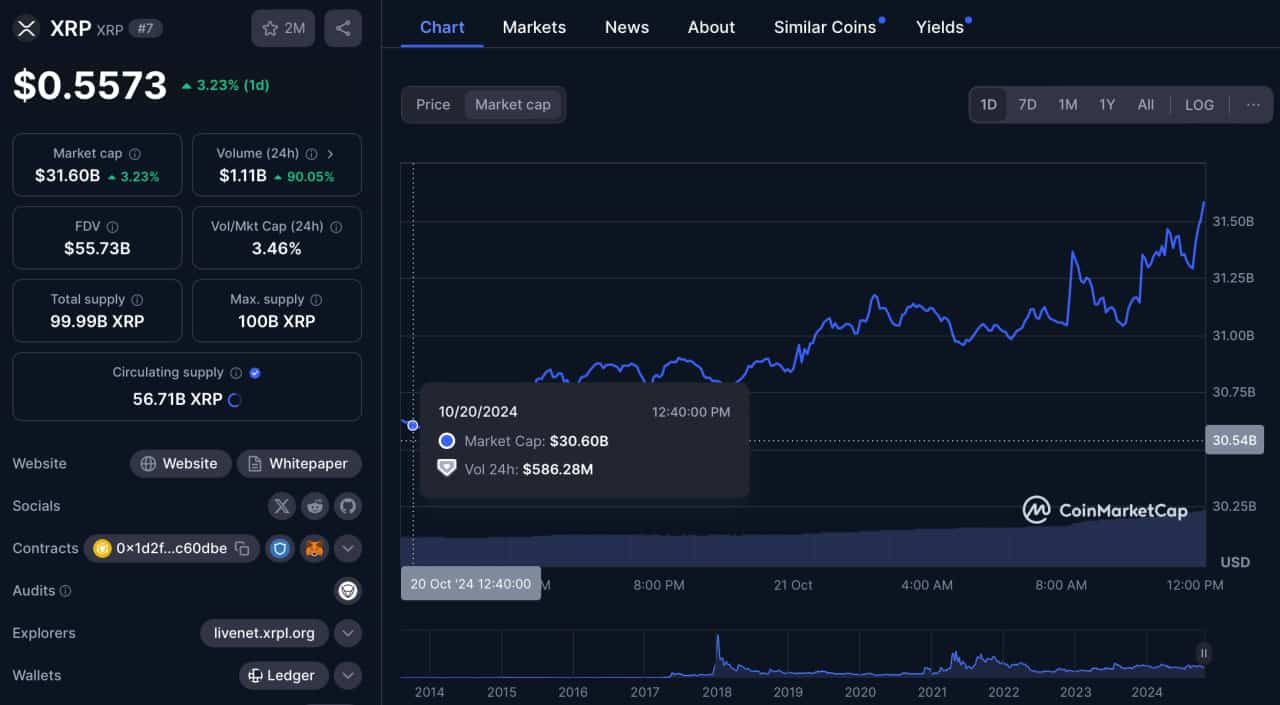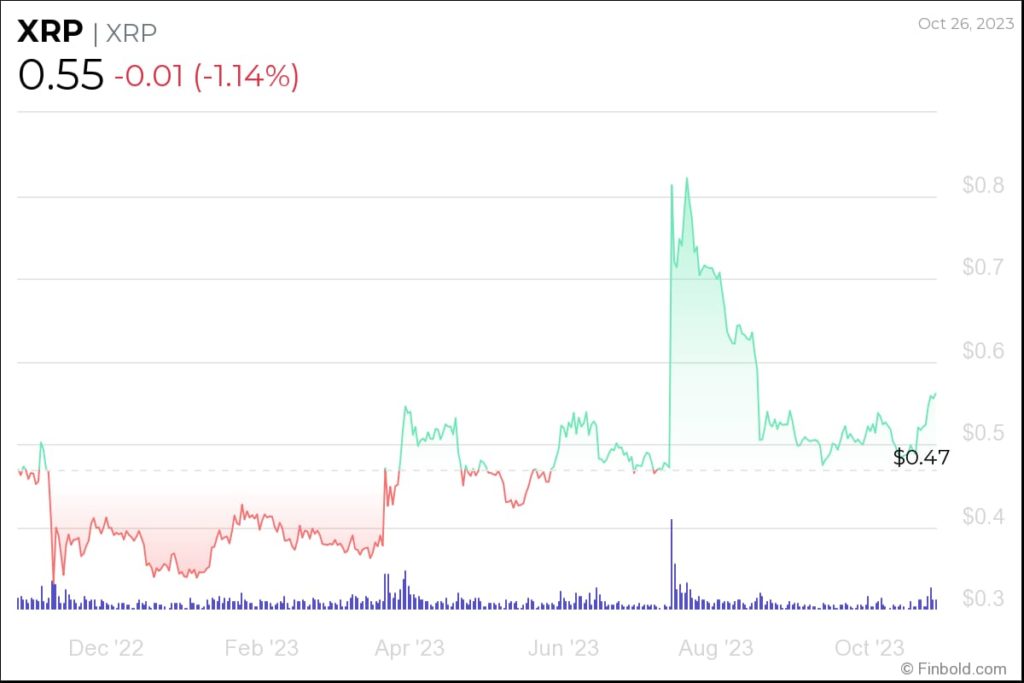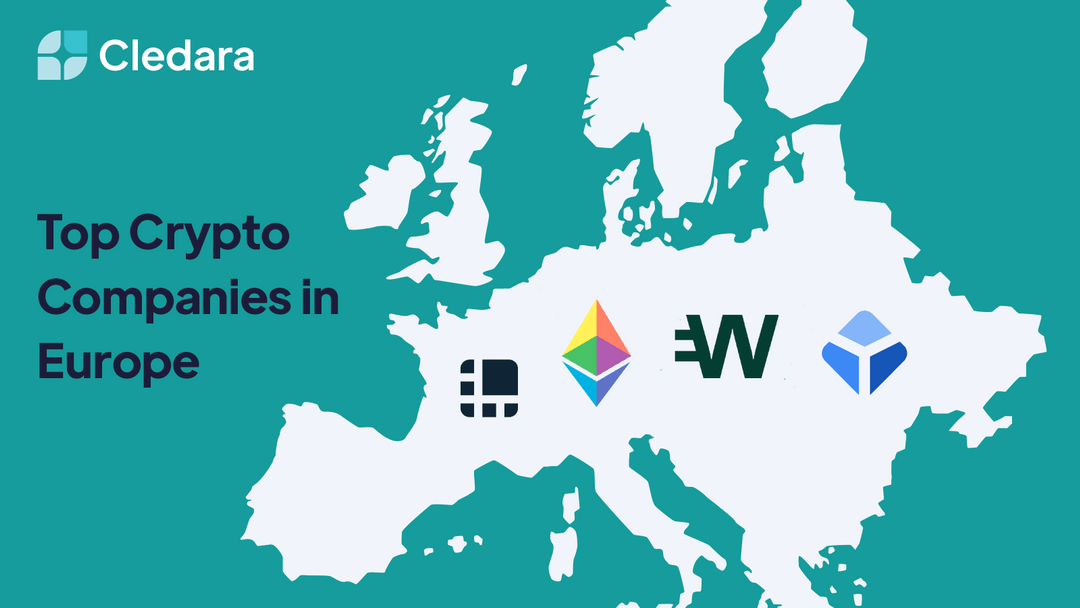With yahoo finance news live stream at the forefront, this service redefines how we consume financial news in real-time, blending immediacy with depth. Imagine being able to access live updates on stock markets, economic indicators, and expert insights from anywhere, transforming your understanding of financial happenings at the click of a button.
The Yahoo Finance live streaming service offers a seamless integration of technology and information, ensuring that viewers are not only informed but also engaged. From interactive segments to a variety of coverage on major financial markets, it brings a comprehensive and user-friendly experience that caters to both casual viewers and seasoned investors.
Overview of Yahoo Finance Live Streaming
Yahoo Finance’s live streaming service has revolutionized the way investors and market enthusiasts consume financial news. Live streaming allows viewers to access real-time information, insights, and expert analysis from the comfort of their devices. This dynamic format ensures that audiences stay informed about market movements and economic developments instantaneously.Yahoo Finance’s live streaming feature includes several benefits such as interactive segments, live commentary from financial experts, and the ability to receive updates on trending market topics.
The technology behind this service employs advanced streaming protocols that ensure high-quality video and audio, providing a seamless viewing experience for users.
Key Areas of Coverage in Yahoo Finance Live
Yahoo Finance covers major financial markets including the stock market, commodities, and foreign exchange. This breadth of coverage ensures that users can stay updated on various asset classes, enhancing their investment strategies. Additionally, economic indicators such as GDP growth rates, unemployment figures, and inflation statistics are presented during live updates, giving viewers a comprehensive understanding of economic health.The live stream often features popular segments like market open and closing bell reports, earnings calls, and expert interviews.
These segments are designed to cater to both novice investors and seasoned professionals, providing valuable insights regardless of the audience’s experience level.
User Engagement and Interaction Features
Interaction is a key component of Yahoo Finance’s live streaming experience. Users can engage with live content through real-time chats, where they can pose questions and share insights with other viewers. This community aspect enhances the overall experience as users feel part of an interactive discussion.Social media platforms also play a significant role in enhancing viewer engagement. During live streams, viewers are encouraged to share their opinions on platforms like Twitter and Facebook, often using designated hashtags to create a cohesive conversation.
Polls and viewer questions are frequently integrated into broadcasts, allowing audiences to participate in discussions and influence segment topics.
Comparison with Other Financial News Platforms
When comparing Yahoo Finance’s live streaming features with competitors such as Bloomberg and CNBC, several distinctions become apparent. Yahoo Finance excels in its user-friendly interface and accessibility, catering to a broader audience.
| Feature | Yahoo Finance | Bloomberg | CNBC |
|---|---|---|---|
| Real-time Data | Yes | Yes | Yes |
| User Interaction | High | Medium | Medium |
| Expert Analysis | Variety of experts | Industry leaders only | Broad range |
| Accessible on Mobile | Yes | Limited | Yes |
Yahoo Finance’s unique selling points include its comprehensive coverage of various financial topics and a strong emphasis on viewer interaction, setting it apart from its peers.
Accessibility and Device Compatibility
Yahoo Finance’s live streaming service is accessible on multiple platforms, including desktop, tablet, and mobile devices. Users can easily tune in through the Yahoo Finance app or website, making it convenient to stay updated on the go.To set up notifications for live updates, users can enable alerts in their app settings. This feature ensures that viewers never miss important market events or updates, keeping them engaged and informed across all devices.
| Device Type | Compatibility |
|---|---|
| Desktop | Yes |
| Tablet | Yes |
| Smartphone | Yes |
Future Trends in Financial News Streaming
Emerging technologies such as virtual reality and augmented reality are set to influence the future of financial news streaming. These innovations may provide immersive viewing experiences, allowing users to interact with financial data in unique ways.Changes in viewer behavior are also anticipated, with younger audiences leaning towards more visual and interactive content. As financial news consumption evolves, the introduction of artificial intelligence will enhance content personalization, providing users with tailored news based on their interests and past interactions.
Case Studies of Successful Live Streaming Events
Yahoo Finance has successfully covered significant financial events, including earnings reports from major corporations, market crashes, and economic policy announcements. These live streams have proven to be effective in engaging audiences and disseminating timely information.Key takeaways from these case studies include:
- The importance of real-time analysis during volatile market conditions.
- Engaging experts and analysts to provide diverse perspectives.
- Utilizing viewer interaction to enhance the relevance of content.
These strategies highlight the effectiveness of live streaming as a tool for financial news dissemination.
Conclusive Thoughts
In summary, the yahoo finance news live stream stands out in the crowded financial news landscape by delivering timely information, interactive content, and accessibility across devices. Whether you are tuning in for market updates or in-depth analysis, this service continues to evolve, promising an engaging experience for every viewer. Stay connected, informed, and ahead of the curve with Yahoo Finance.
Question & Answer Hub
What devices can I use to watch Yahoo Finance live streams?
You can access Yahoo Finance live streams on desktop, mobile devices, and smart TVs that support streaming capabilities.
Is there a cost associated with Yahoo Finance live streaming?
No, Yahoo Finance live streaming is free to access for all users.
Can I interact with the live stream?
Yes, viewers can participate in polls and submit questions during live broadcasts to engage with the content.
How often does Yahoo Finance stream live content?
Yahoo Finance offers live streaming content throughout the trading day, covering major market events and updates.
Are there any special features in Yahoo Finance live streams?
Yes, features like real-time market updates, expert analysis, and viewer interactivity enhance the streaming experience.













